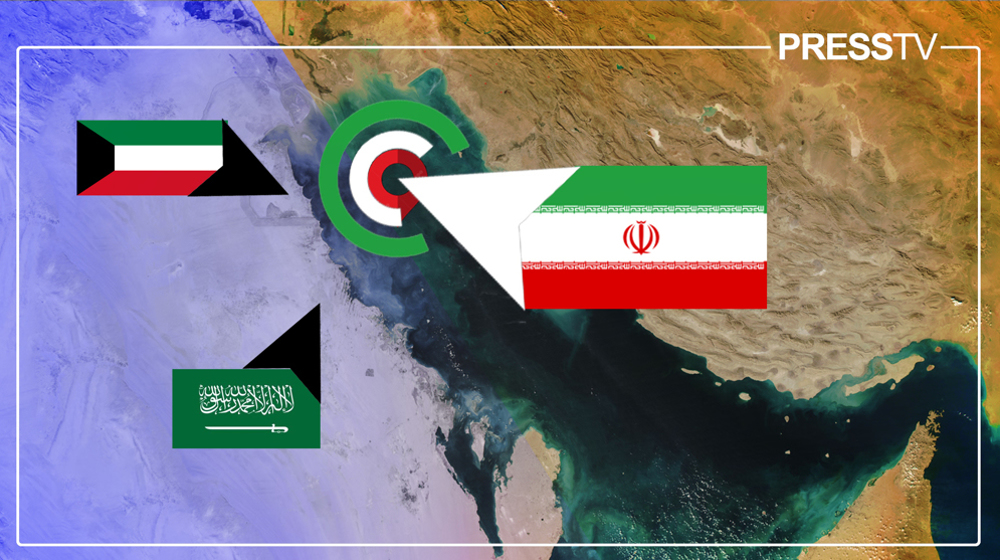Qatar gives thumbs up to labor law reforms
Qatar’s Emir Sheikh Tamim bin Hamad al-Thani has approved reforms to the country’s controversial “kafala” labor laws that have been widely described as modern-day slavery.
The current law prevents workers from leaving the country without the blessing of their employers and makes changing employers difficult.
The emir approved changes to “the regulation of the entry and exit of expatriates and their residency. All concerned authorities, each in their capacity, are to implement the law and it will be applicable one year after its date of publication in the official gazette,” the Qatar News Agency reported on Tuesday.

The “kafala” system has turned into an object of criticism for international human rights organizations since the Persian Gulf state became the host of the 2022 World Cup.
The announcement, however, is not anticipated to appease the critics as the reform may come into effect no sooner than 2017.
The new proposals will allow workers to leave Qatar after giving at least three days’ notice to the Interior Ministry, whose officials will contact the employer for consent. Workers could also change jobs at the end of their contracts without the employers’ approval.
Earlier this year, Qatar announced plans to reform the “kafala” system. However, it failed to do changes to the laws, partly because the Shura Council, the main advisory body, had questioned the reform.
Some 441 migrant workers from India and Nepal died in Qatar in 2014 while working on World Cup-related projects.
Human rights organizations have repeatedly accused Qatar of dragging its feet on reforms to its labor laws, insisting that not enough is being done to investigate the effects of working long hours in temperatures that often exceed 50 degrees centigrade.
Despite the kingdom’s promises to improve their working conditions, Nepalese migrants died at a rate of one every two days in 2014.
April 27: ‘Axis of Resistance’ operations against Israeli occupation
Palestinian groups laud resistance fighters’ ‘heroic’ battle against Israel
Portugal rejects paying reparations for colonial-era atrocities
Dozens of Hezbollah rockets hit Israeli regime's Meron Air Base
VIDEO | Large march for Gaza held in Vienna
VIDEO | Thousands call on UK Govt to stop arming Israel
‘Stop the war,’ anti-regime protesters chant in Tel Aviv
VIDEO | 6th Intl. Export Potential Exhibition held in Iran










 This makes it easy to access the Press TV website
This makes it easy to access the Press TV website